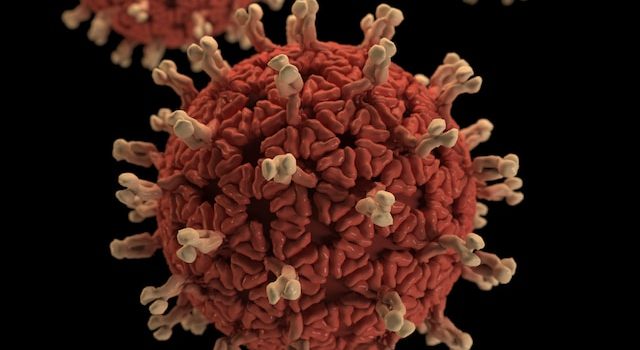
In recent years, the global health landscape has witnessed a remarkable transformation, with significant strides made in combating infectious diseases. Among the success stories, the decline of Mpox, a once-dreaded viral infection, stands as a testament to the power of science, international collaboration, and public health initiatives. As Mpox loses its grip on communities worldwide, it prompts reflection on the changing dynamics of global health and the challenges that lie ahead.
Mpox, an acronym encompassing mumps-measles-pertussis, was once a formidable threat to public health. Its highly contagious nature and potential for severe complications placed a burden on healthcare systems and caused considerable concern among parents and caregivers. However, through collective efforts, Mpox is gradually losing ground, paving the way for a healthier future.
One of the primary factors contributing to the decline of Mpox is the widespread implementation of vaccination programs. Governments and health organizations have recognized the critical role of vaccines in preventing the spread of infectious diseases, including Mpox. By improving immunization coverage and accessibility, communities are better equipped to protect themselves and their loved ones from this once-feared virus.
The success of vaccination campaigns has been augmented by advancements in surveillance and early detection systems. Public health agencies have strengthened their ability to monitor disease patterns, swiftly identify outbreaks, and implement targeted interventions. This proactive approach has proven instrumental in curbing Mpox transmission and minimizing its impact on communities.
Dr. Emma Reynolds, a renowned infectious disease expert, emphasized the significance of comprehensive surveillance in combating Mpox. “Accurate data and timely reporting enable us to track the spread of the virus, identify vulnerable populations, and allocate resources strategically. This information empowers us to take targeted action, ultimately reducing the burden of Mpox on public health.”
Despite the progress made, challenges persist in the fight against Mpox and other infectious diseases. Vaccine hesitancy, fueled by misinformation and mistrust, poses a significant hurdle to achieving optimal immunization coverage. Addressing these concerns requires multifaceted approaches, including community engagement, effective communication, and targeted education campaigns to dispel myths surrounding vaccines.
Furthermore, the unequal distribution of healthcare resources remains a pressing issue. While some regions have made substantial strides in combating Mpox, others continue to struggle due to limited access to vaccines, diagnostic tools, and healthcare services. Achieving equity in global health requires addressing these disparities and ensuring that every individual, regardless of their geographical location, has access to life-saving interventions.
The decline of Mpox also sheds light on the broader landscape of global health and the evolving nature of infectious diseases. As certain diseases come under control, new challenges emerge, demanding attention and resources. Antimicrobial resistance, emerging viral infections, and the impact of climate change on disease patterns are among the pressing issues that demand concerted efforts from the global health community.
Moreover, the Mpox experience serves as a reminder of the interconnectedness of our world. Infectious diseases do not recognize borders, making international collaboration and information sharing vital components of effective disease control. Through initiatives such as the Global Health Security Agenda and the sharing of scientific knowledge, nations can work together to strengthen health systems, enhance surveillance, and respond rapidly to disease outbreaks.
As Mpox’s grip weakens, it is crucial to celebrate the achievements while remaining vigilant. The global health community must maintain its dedication to preventive measures, surveillance, and research to prevent the resurgence of diseases such as Mpox. Furthermore, efforts should be directed towards addressing the social determinants of health, promoting health literacy, and improving healthcare access for marginalized communities.
The decline of Mpox represents a significant milestone in the journey towards better global health. It highlights the power of vaccination, surveillance, and international cooperation in conquering infectious diseases. However
, it also serves as a reminder that our work is far from over. By acknowledging the changing landscape of global health and redoubling our efforts, we can continue to build a healthier, more resilient world for generations to come.
In conclusion, Mpox’s diminishing presence symbolizes the triumph of science, collaboration, and public health strategies. Through widespread vaccination, improved surveillance, and targeted interventions, communities around the world have made significant progress in containing Mpox. Nevertheless, addressing remaining challenges, including vaccine hesitancy and healthcare disparities, while preparing for emerging health threats, remains crucial. The declining threat of Mpox should inspire renewed commitment to global health, shaping a future where infectious diseases are no longer a formidable force.










